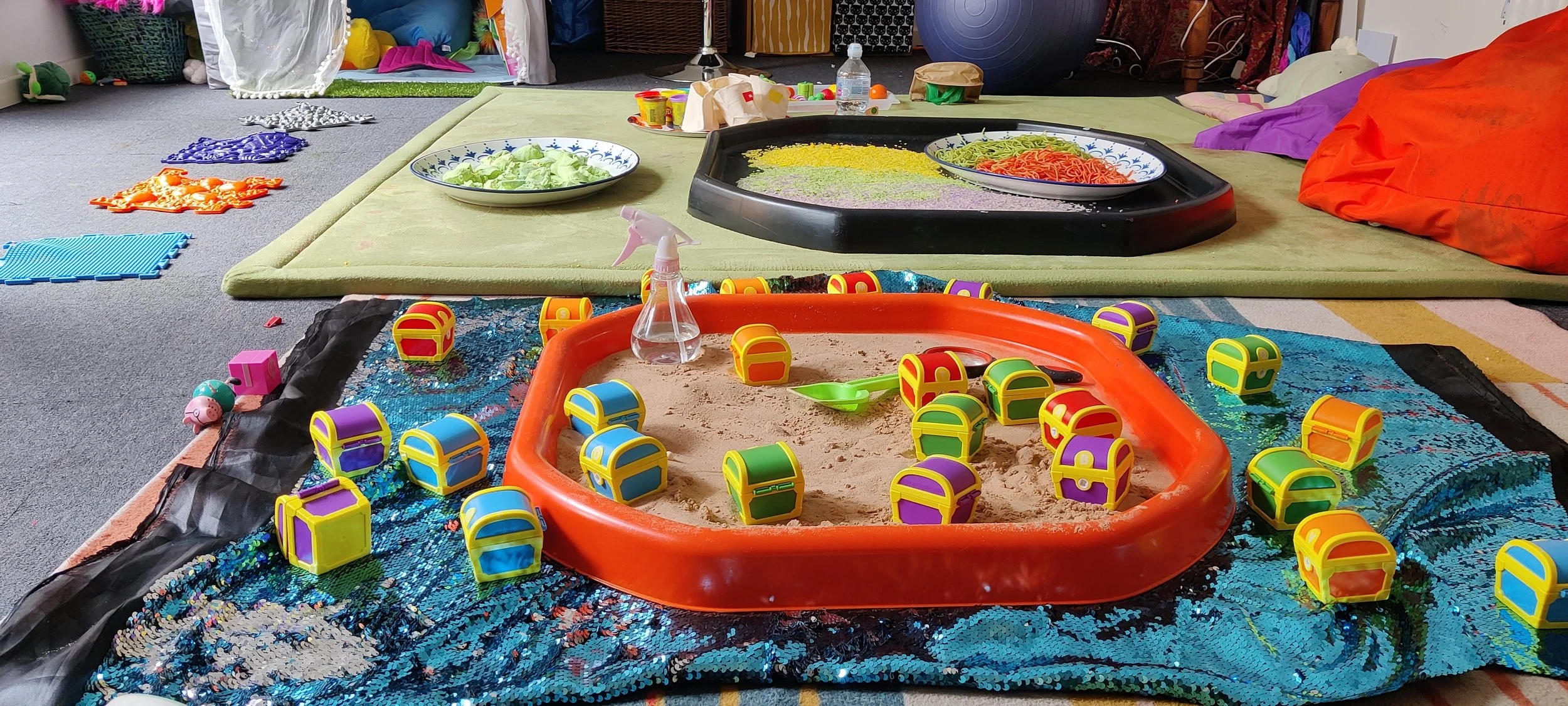
Our approach to teaching & learning.
Our approach to teaching and learning
We have learnt from working with neuro-diverse learners with a range of needs and learning styles that building a relationship and working within their interests and individual styles is key to good practice.
Our sessions combine concepts with practical learning and are heavily supported by visuals in order to support language comprehension and acquisition. We focus on developing and consolidating communication & language skills as these play an integral part in accessing all areas of the curriculum.
Sessions are focused around exploration, media, interests and above all play!
Being adaptable
They key to working with neuro-diverse and SEND learners is to be able to adapt to their needs and interests. Quite often what we plan for a session and the activities we actually do are completely different! As long as we have a good understanding of the learners we are working with and have their goals in mind then we can feel free to follow their lead and be flexible !
Literacy
Our key goal when supporting literacy is to focus simultaneously on all areas of reading and writing ( word reading, language comprehension, writing transcription and writing composition). Accessing these key Literacy skills not only supports children with their curriculum goals but it also provides an alternative medium for them to share their voice, their opinions, their creativity with the world.
Maths
At the learning and play hub we believe a practical, kinesthetic and playful approach to mathematics helps to support full well rounded understanding of both number and measurement concepts. Much of my work with children particularly gifted at number was based around supporting their ability to apply that mathematical skill into everyday life. Learning skills within a range of contexts and practical situations is integral to understanding the importance of mathematics on our world and within everyday life.
Play
Another key aspect of supporting learning and development is play. Play is a key part of building children's social communication skills, cause & consequence understanding, problem solving, imagination and executive functioning. Play is a way of children accessing and processing the world around them in a safe way allowing for exploration and development. At the hub we embed play into the curriculum not only to motivate learners but to support the development of play skills and all the positives that come with the ability to play independently and with others.



